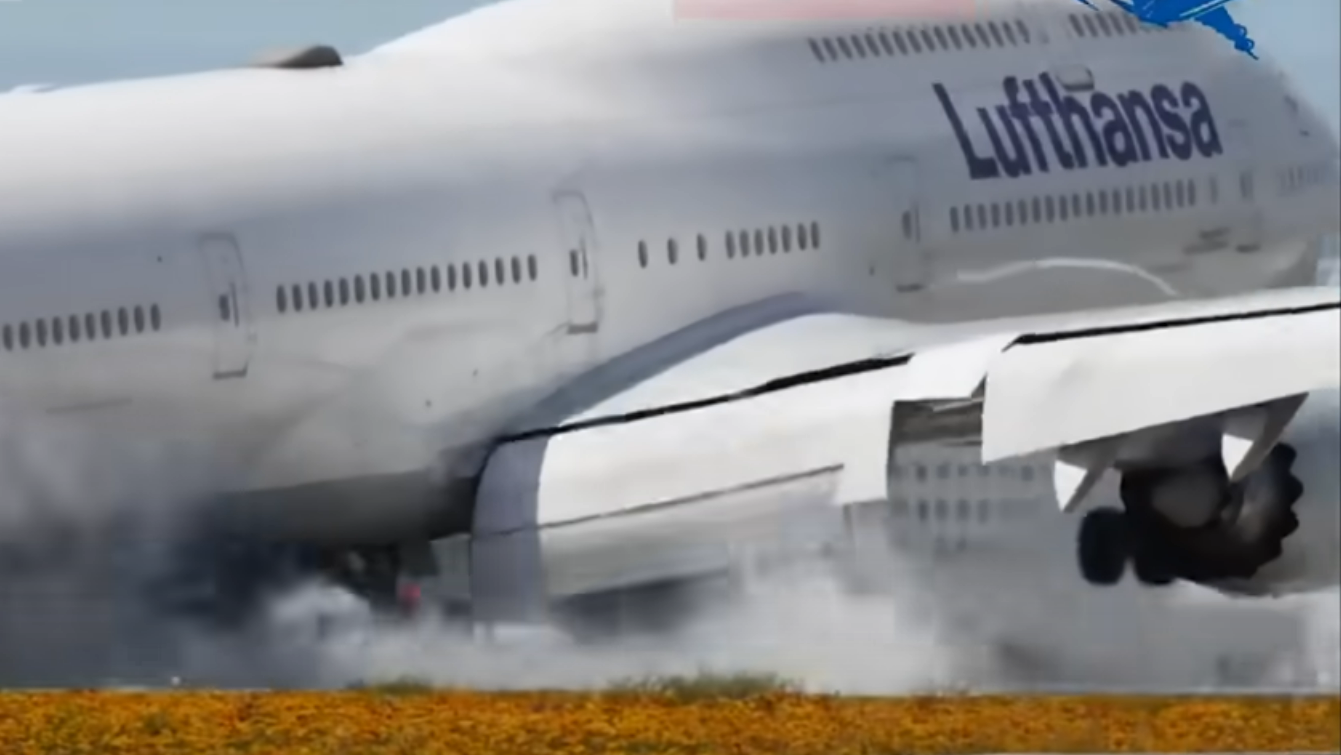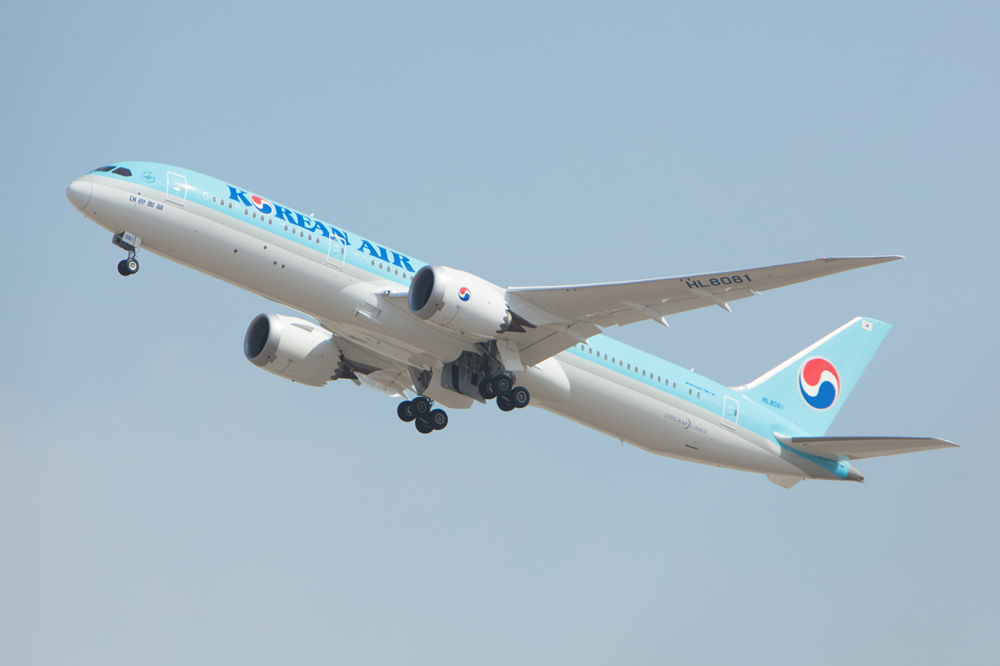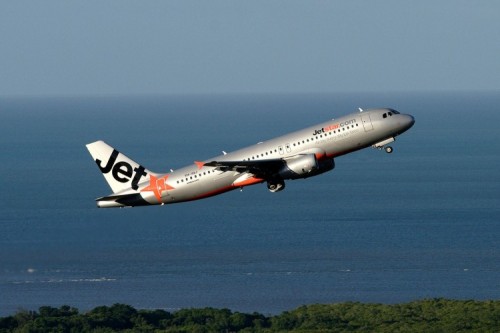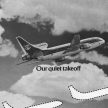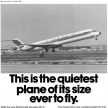It was perhaps the most expensive paper shredder ever: a Jetstar A320 on its way from Auckland to Sydney.
A clipboard was sucked into one of the plane’s engines and shredded after it was left in the engine cowling by a ground worker.
Jetstar has since revised its ground procedures to make sure there is no recurrence after the clipboard caused minor damage and prompted the aircraft to return to Auckland.
The incident happened on October 27, 2017, after a leading hand from ground handler Aerocare placed the clipboard on the right engine cowling to keep it out of the rain, intending to retrieve it later.
An Australian Transport Safety Bureau report released Tuesday revealed the dispatcher conducting a “duty of care” inspection of the plane saw the clipboard but assumed the leading hand would return for it.
However, she did not notify the leading hand or supervisor of the foreign object debris as per company procedures.
The leading hand realised the clipboard was missing as the aircraft was taxiing but assumed the dispatcher had picked it up. He soon discovered this was not the case.
When the ground crew returned to the where they had prepared the aircraft, they noticed paper debris on the ground and organised for their operations centre to contact the Jetstar pilots.

After talking to the surface movement controller, the flight crew checked the engine instruments but saw saw no abnormal indications.
They decided to return to Auckland after they were told the clipboard had been placed in the engine inlet and a company engineer advised them that a piece of sheared metal had been found.
A subsequent inspection by engineers found paper throughout the engine and minor damage to a fan blade and the attrition liner.
Jetstar issued an updated dispatch procedure that included a specific warning about not placing items in the engine cowling and methods of re-establishing communications between the ground crew and pilots.
The ATSB warned that the presence of foreign object debris posed a significant threat to aircraft safety and emphasised he need to report anything unusual.
“It has the potential to cause aircraft damage during critical phases of flight, costing airlines and airports millions of dollars each year,’’ it said in its report.
“This incident demonstrates the effect foreign object debris has on aircraft operations and emphasises the importance of not placing objects in aircraft engines.
“It further highlights that all staff operating near aircraft are responsible for reporting any non-normal events they encounter.”
Jetstar said the clipboard was made of plastic.
“While this incident didn’t impact the safe operation of the aircraft, we take it very seriously,” a spokeswoman said.
“Since this occurred we have updated our procedures which includes a specific warning about not placing items in the engine cowling and improved detail around checks and responsibilities of the aircraft dispatch process.”


